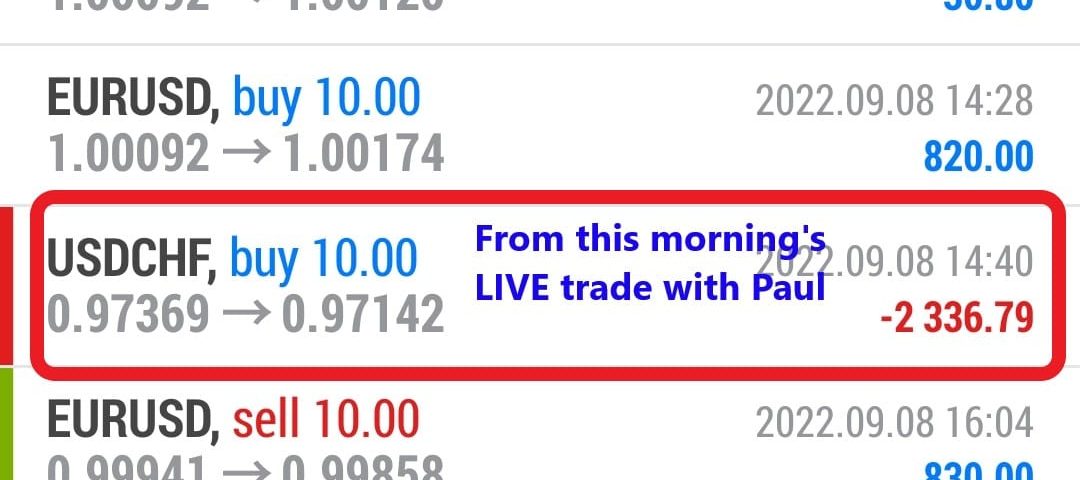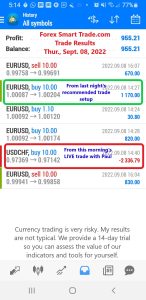Question two is the company licensed, regulated, and authorized to operate as a forex broker where you live.
Notice the extra emphasis on “where you live”?
It’s not enough to verify a broker’s regulatory status.
You need to know which regulatory agency they registered it with.
And whether the jurisdiction that the regulatory agency oversees covers the country where you live!
Forex market regulation refers to the rules and laws that firms operating in the forex industry must follow.
The purpose of registration
The purpose of regulation is to protect you from undisclosed financial risk.
Besides protecting you from abusive practices like price and order manipulation and fraud.
In other words, regulation tries to protect you from shady brokers doing shady things.
No single global body governs the forex market to police the massive 24/5 market.
Instead, the responsibility mostly falls on a country-by-country basis.
Most countries have a regulatory authority that lays down a framework of rules and standards that retail forex brokers must follow.
These rules include being registered and licensed with the regulatory body and undergoing regular audits.
In addition, there are reviews to ensure that companies comply with the regulatory requirements.
Each forex regulatory body operates within its own jurisdiction and regulation and enforcement vary significantly from country to country.
In short, there exist regulatory requirements where ALL forex brokers under their jurisdiction must comply with.
Failure to Comply
If a forex broker doesn’t comply, the regulatory body has the power to issue fines and disciplinary action.
These fines can be substantial and provide a strong incentive for companies to operate within the law.
And if fines don’t work, the regulatory body can ultimately revoke that company’s operating license should the regulatory violations be particularly severe.
Or if the company doesn’t satisfactorily implement changes to prevent future violations.
If this happens, the forex broker can’t do business in this jurisdiction anymore since it would be operating illegally without a license.
Forex regulations differ from country to country.
This means that not all regulatory agencies follow the same kind of regulations or offer the same type of financial protection.
Each regulatory agency, they have its own specific regulatory requirements and area of jurisdiction.
The regulatory requirements differ. But the ENFORCEMENT of these requirements also differs from country to country!
You can create all the rules you want. But if you’re not going to enforce them, then the regulatory agency is basically a paper tiger.
A paper tiger is a term that refers to something or someone that claims or appears to be outwardly powerful or threatening but is actually inwardly weak.





